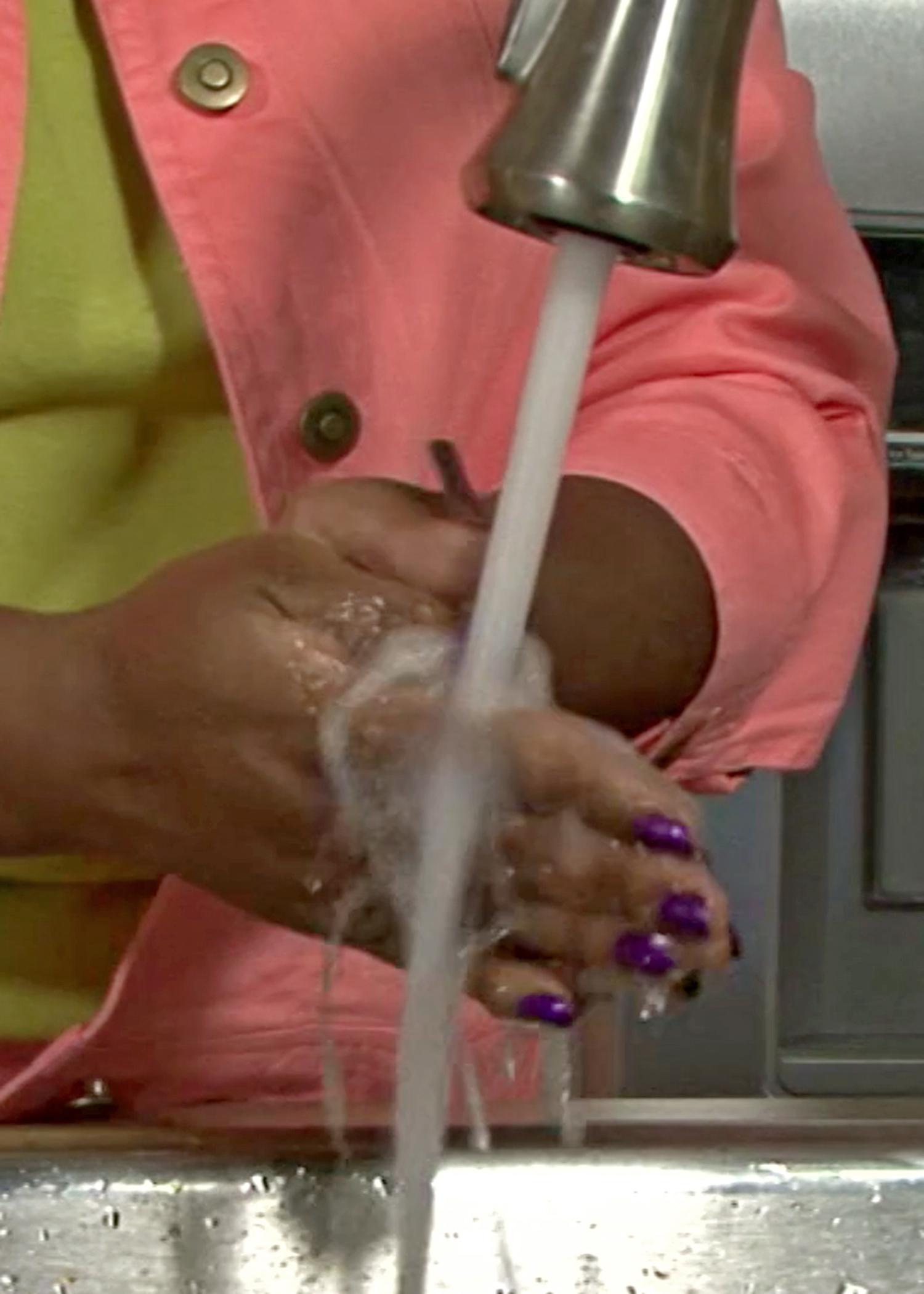Information Possibly Outdated
The information presented on this page was originally released on October 14, 2014. It may not be outdated, but please search our site for more current information. If you plan to quote or reference this information in a publication, please check with the Extension specialist or author before proceeding.
Reduce the spread of germs to avoid enterovirus, flu
MISSISSIPPI STATE -- Enterovirus-68 is making headlines and drawing attention to the importance of taking precautions even before cold and flu season arrives.
Dr. Thomas Dobbs, state epidemiologist with the Mississippi State Department of Health, said a strain of enterovirus is causing serious complications in some children in 42 states, including Mississippi, as of the first of October. Strains of enterovirus have been around since the 1960s, but they have never been seen as severe as this year.
“Enterovirus-D68 is in a family of viruses that are structurally similar to rhinoviruses, or cold viruses,” Dobbs said. “This particular strain is causing more of a respiratory impact than others have in the past.”
Typical symptoms of EV-D68 include fever, runny nose, sneezes, coughs and aches. Severe symptoms may include wheezing and difficulty breathing. Some cases have included symptoms of acute weakness.
“While D68 is related to the polio virus, vaccines do not prevent or contribute to infections,” Dobbs said. “Health clinicians are being encouraged to consider enterovirus if patients present with respiratory problems, even if they don’t have a fever.”
According to the Centers for Disease Control and Prevention website, almost all the confirmed cases this year of EV-D68 infection have been among children. Many of the children had asthma or a history of wheezing.
David Buys, health specialist with the Mississippi State University Extension Service, said preventing the spread of germs is key in protecting public health.
“Viruses commonly increase in the fall when students return to school. This strain of enterovirus is increasing the need for good hygiene practices now and throughout the upcoming flu season,” Buys said.
“Teach children good hygiene habits, and be prepared to keep them home from school when they show the first signs of illness,” he said. “Consult with a health care provider if the symptoms appear severe.”
Buys said frequent hand washing is essential in reducing the spread of germs.
“Hand washing is more effective than hand sanitizers. Use the sanitizers to supplement or when soap and water are not available,” he said. “Always cover your mouth when sneezing or coughing. We are also re-educating adults and teaching children to sneeze or cough into their arm or elbow instead of their hands to prevent spreading germs from hands to other surfaces.”
Buys encouraged people to consider avoiding traditional hand shakes during this season when viruses and infections are more common.
“Fist bumps, which some people are calling the public health handshake, is a fun and healthy way to greet each other,” he said.




